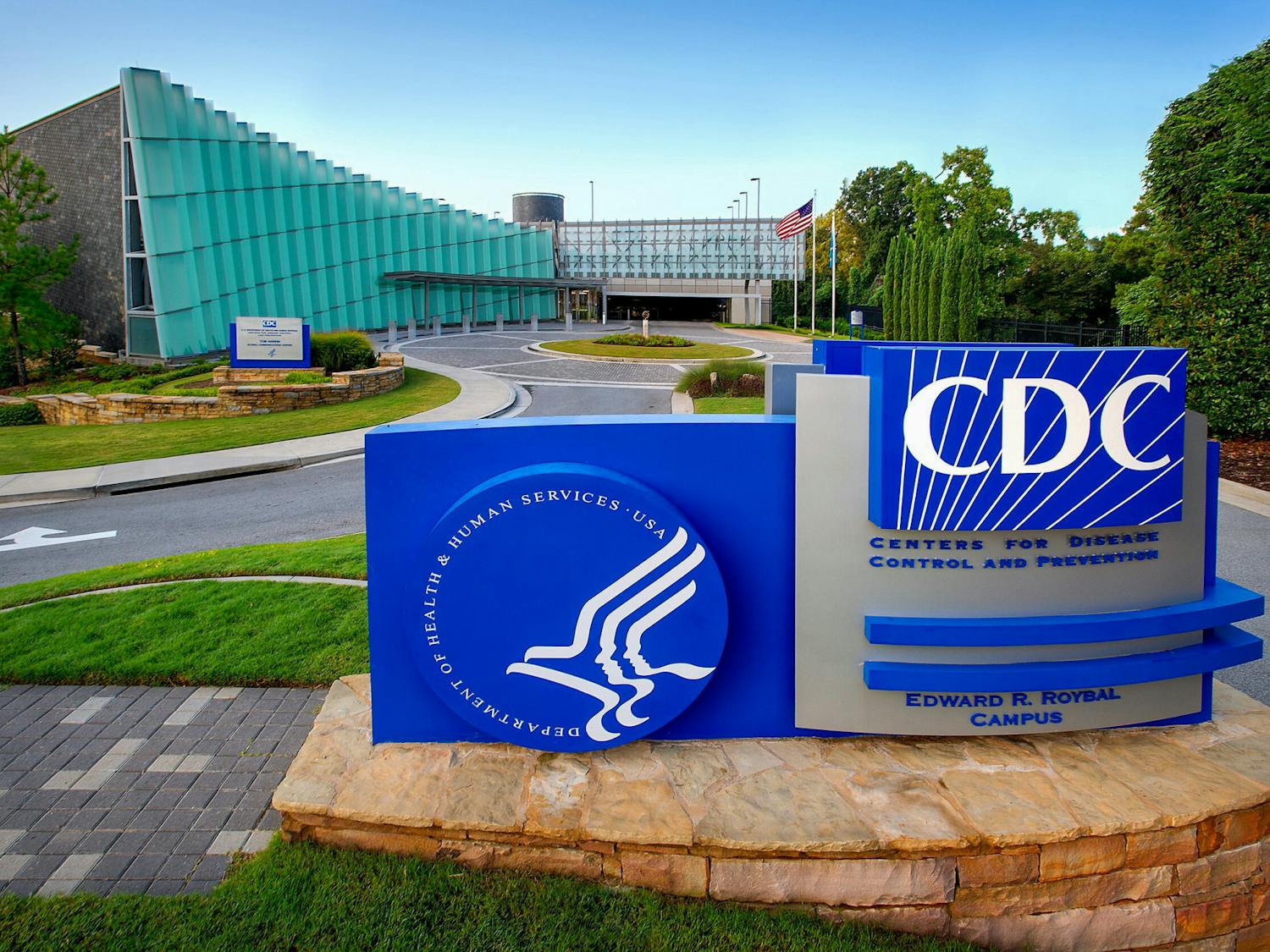Some Penn students may be carded by more than just bars come next November.
Following a continuous wave of election reform legislation — most of which were proposed by Republicans since their midterm victories in the 2010 elections — a bill that would require voter photo identification in the 2012 election is being debated by the Pennsylvania State Legislature.
The bill reads that voters who are not religiously opposed to being photographed must have photo identification “that was issued by the [federal government] or the Commonwealth” in order to vote.
This bill also holds “major implications for student voters,” Penn Democrats President and College junior Isabel Friedman said.
According to Babette Josephs— State Representative for the 182nd District, which encompasses much of Center City Philadelphia— the bill will affect students more than “almost any other demographic.” The bill’s wording, Josephs said, implies that students who live in one state but go to school in Pennsylvania will not be allowed to vote unless they have a Pennsylvania or Federal ID (for example a Military ID or Passport). Currently, these students are allowed to choose where they would like to register — their home state or Pennsylvania.
“It will disenfranchise voters,” Friedman said. “Democracy is about increasing voter participation. To put barriers in the way of that process is deeply troublesome.”
Other demographics — who often may not have driver licenses or state IDs — that could be affected by the bill are the elderly, racial minorities, inner-city residents and low-income voters, she added.
The issue is a hot national topic as “more than a dozen states have passed laws requiring voters to show photo identification at polls, cutting back early voting periods or imposing new restrictions on voter registration drives,” according to an Oct. 2 article of The New York Times.
Democrats and Republicans stand sharply divided on the issue. While Democrats say that the bill is unnecessary and would reduce voter turnout among demographics that generally vote Democratic, Republicans say the bill is not too much to ask in order to prevent voter fraud. The bill is “a long time coming … having confidence in our elections is crucial,” University City Republican Ward Leader Matthew Wolfe said. “We have a long standing history of voter fraud in Philadelphia … I don’t think [voter IDs are] onerous.”
For those who do not have a Commonwealth ID because of financial burdens, “there is a provision in the law that everybody who needs a government-issued Voter ID will be able to get one,” Wolfe said.
According to College Republicans President and College and Wharton senior Charles Gray, the laws are a response to reports in recent years of voter fraud. “In Pennsylvania, anyone can go up to a voting location and simply impersonate someone by signing that person’s name on the voting rolls. Therefore, it is impossible to even begin to guess the extent of voter fraud occurring in the state,” Gray, a Daily Pennsylvanian columnist, wrote in an email.
Many argue that the claims of voter fraud are unrealistic and are a ploy for a purely political agenda. ““We oppose the bill,” said Douglas Hill, the executive director of bipartisan the non-profit County Commissioners Association of Pennsylvania. “We are the ones who run the elections … we have not heard any complaints or suspicion of voter fraud.” He noted that there had been issues in the past with voter registration fraud — not the voter identity fraud targeted by the bill — and that those cases were caught and managed accordingly.
In March of this year, Keesha Gaskins of the Brennan Center for Justice at the New York University School of Law testified before the Pennsylvania House State Government Committee regarding the bill. The Brennan Center is a non-partisan public policy and legal advocacy organization. “The Brennan Center believes that HB 934 responds to an exaggerated and largely unproven problem, and does not provide a meaningful response to the threats advanced to justify it,” she testified.
“Bottom line is that poor voters and students are going to have less incentive to vote, and poor voters and students generally vote Democratic … the Republican lawmakers know that, and that’s a problem,” Penn Democrats Membership Director and College junior Graham White said.
“It is a disgrace. It deprives the people the right to vote for political purposes,” Josephs said.








